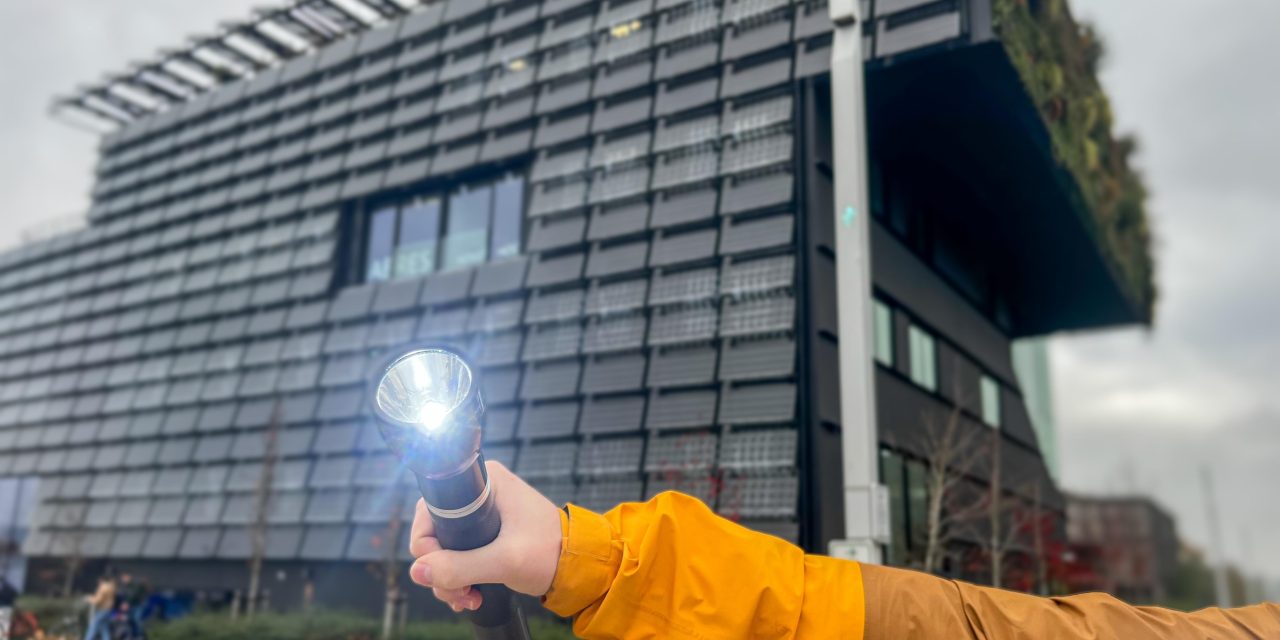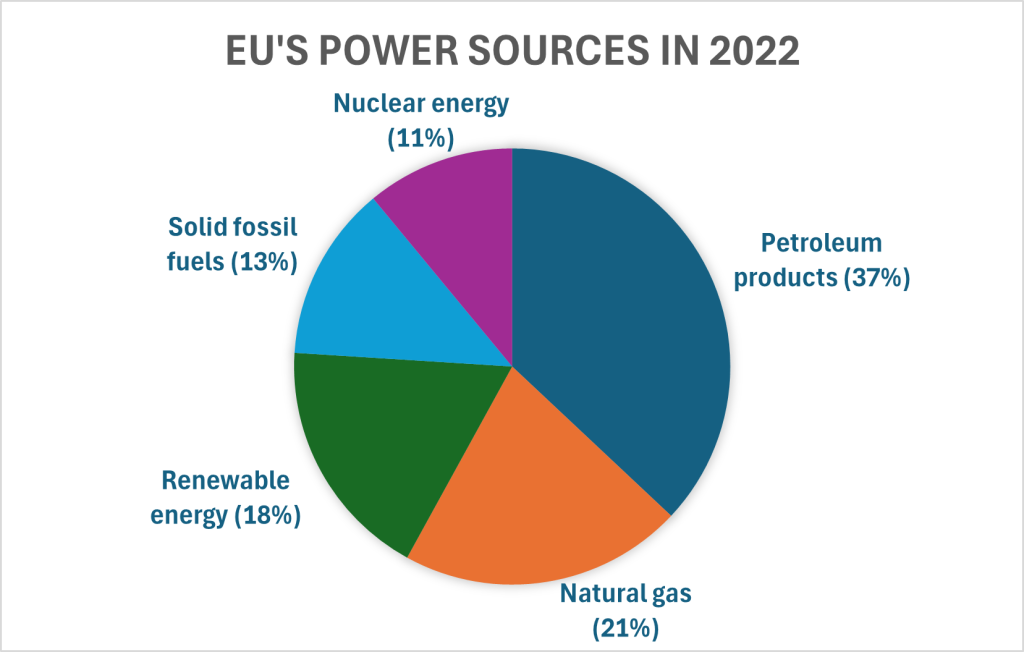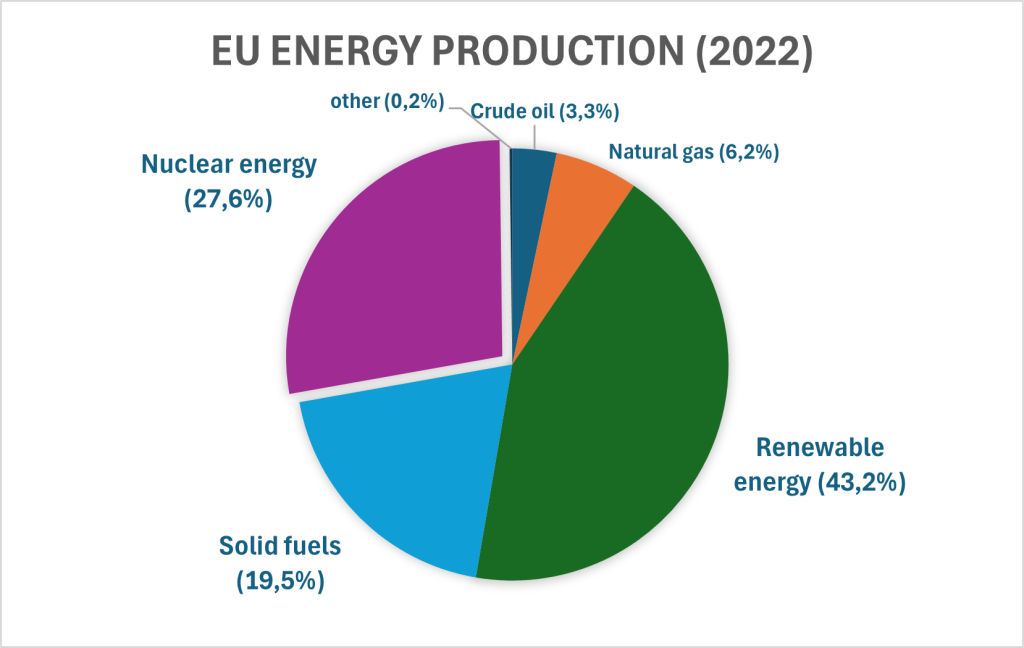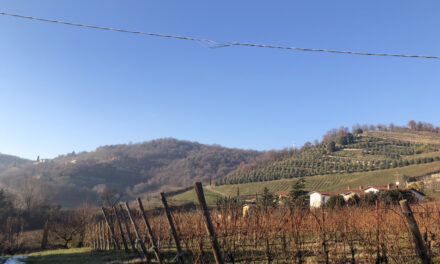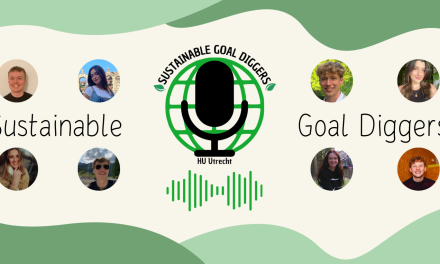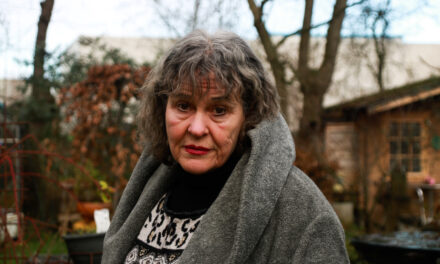While nuclear energy is highly efficient and produces clean power, accidents like Chernobyl and Fukushima demonstrate the potentially lasting consequences of failure. With Europe aiming for climate neutrality by 2050, nuclear energy remains a pivotal issue. In this article, Fernand Kartheiser from the European Conservatives and Reformists (ECR) and Jutta Paulus from the European Greens share their parties’ views of nuclear energy.
“So far we tried out two ways of blowing up a nuclear power plant”, says Jutta Paulus from the European Greens. “the first was Chernobyl where we mistreated the system and where they didn’t really know what they were doing, the second was because of a natural disaster, Fukushima, where a tsunami hit. And the third one is something which we might see in Western Europe, which is just deterioration of material.” The European Greens want to phase out currently running reactors and switch to renewable energy.
Currently there are 103 nuclear reactors operational in the EU, with France leading at 56. As of 2022 the Eu produced around 37% of its own energy while 63% was imported. As shown in Figure 1, nuclear energy made up 11% of the EU’s total energy mix in 2022. Figure 2 highlights that 27.6% of the EU’s domestically produced energy comes from nuclear reactors. Phasing out these reactors would remove over a quarter of the EU’s domestic energy production, significantly impacting energy independence.
- Figure 1 (Eurostat)
- Figure 2 (Eurostat)
Fernand Kartheiser: “without nuclear forget it”
Kartheiser from the European Conservatives and Reformists believes that nuclear energy is crucial for the EU’s energy future. According to him, it is impossible to succeed in the energy transition without the continued use of nuclear power.
Jutta Paulus: The Energy Transition Doesn’t Need Nuclear
While Kartheiser argues that nuclear energy is indispensable for the energy transition, Paulus strongly disagrees. For her, the solution lies in renewable energy and smarter energy infrastructure.
“The belief that nuclear is essential simply doesn’t hold up,” Paulus asserts. She points to Germany’s progress as proof that rapid renewable expansion is possible. “In just three years, Germany increased its share of renewables in the electricity mix from 40% to 60%,” she explains. According to her, simplifying the permitting process and investing in solar and wind power made this growth achievable, even during a crisis like the war in Ukraine.
Paulus also highlights that nuclear energy is ill-suited to address the urgency of the climate crisis. “The IPCC (Intergovernmental Panel on Climate Change) tells us that this decade is critical for keeping global warming below 1.5 degrees Celsius. Building nuclear plants takes 15 years in Europe. We don’t have that time,” she says.
In Paulus’s view, relying on nuclear energy is not just unnecessary but also dangerous. She warns of aging reactors, geopolitical risks tied to uranium imports, and the enormous costs of waste storage. “We don’t need nuclear to make the energy transition. We need to unleash the potential of renewables,” she concludes.
The debate over nuclear energy highlights the EU’s complex path toward climate neutrality. With advocates like Kartheiser emphasizing its efficiency and critics like Paulus warning of its risks, the future of Europe’s energy transition remains a controversial and complicated topic.
